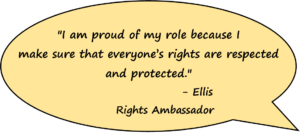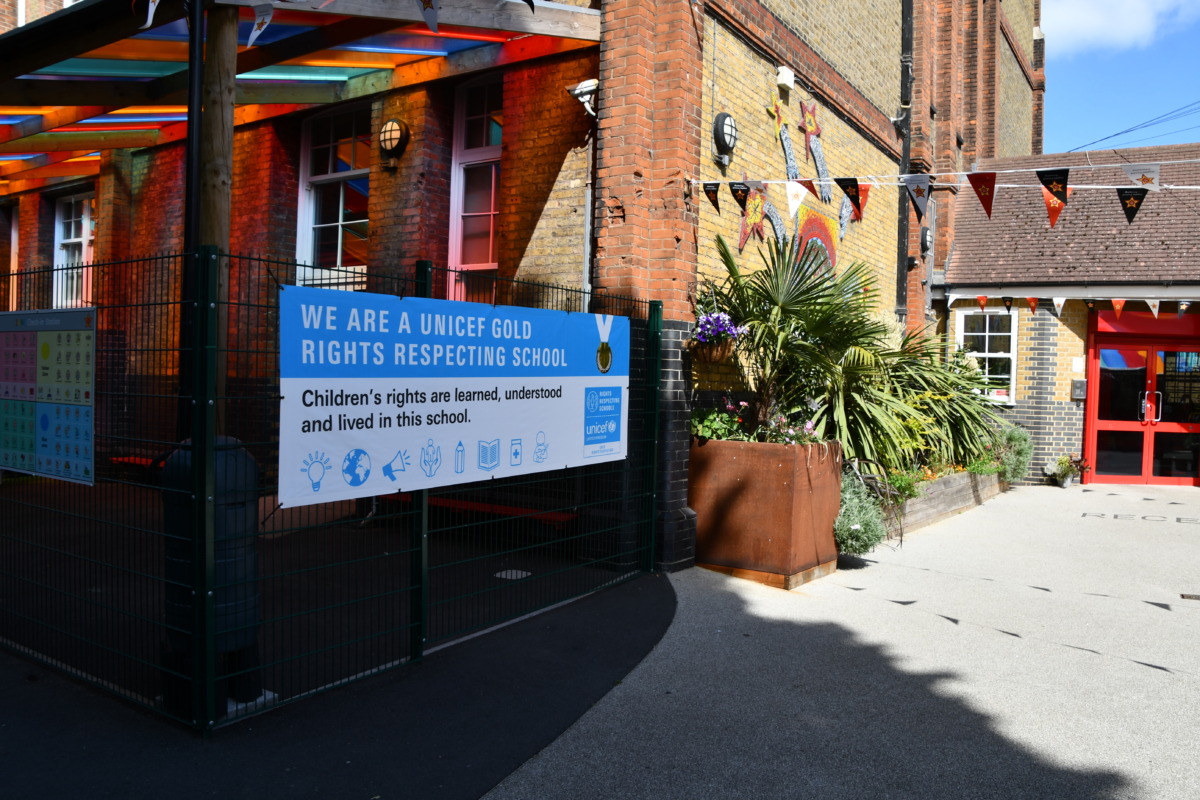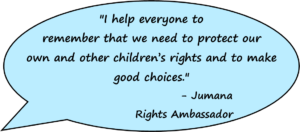 At Star Primary School, our curriculum is based on our central value to uphold children’s rights at all times. We aim to deliver this by our belief in these guiding principles:
At Star Primary School, our curriculum is based on our central value to uphold children’s rights at all times. We aim to deliver this by our belief in these guiding principles:
 |
Research driven: We use lesson study approaches to research educational pedagogy and develop ourselves as lifelong learners and reflective practitioners. |
 |
Inclusive: We believe that every child must access a curriculum that enables them to succeed and grow to their full potential, whatever that may be. |
 |
Growth Mindsets: We are a Thinking School. Using Bloom’s Taxonomy and Thinking Frames, our learning is based on an understanding of expressing how we think and develop our ideas. |
 |
Happy-centred and holistic: We focus on giving children key life skills in order to be resilient, cope with life’s challenges and solve problems for themselves. |
 |
Topic Based: We use stimulating and relevant topics each half term to promote joined up thinking, use a common language and help draw comparisons and link their learning across different subjects. |
 |
Successful: We strive to prepare all pupils for lifelong effectiveness and success: for all pupils to feel triumphant in their achievements. |
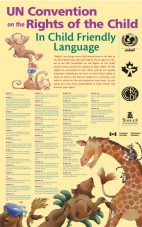
The award is not just about what children do but also, importantly, what adults do. In Rights Respecting Schools children’s rights are promoted and realised, adults and children work towards this goal together. Our children can articulate their knowledge about rights and the understanding of their application within the school context and beyond.
Our aim is to empower children to live a happy, healthy life and become responsible global citizens of the future.
Rights focus: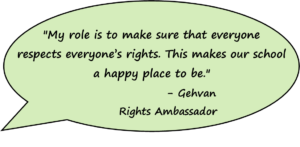
Healthy Hearts
This term our topic is Healthy Hearts where we will be learning about how the human mind and body works and the importance of mental and physical wellbeing. Our aim is for our children to be happy, healthy and strong so that they can confidently face the challenges of the times we live in now and in the future – with sustainable coping strategies.
Rights focus:
Article 24: Every child has the right to the best possible health care.
Article 27: Every child has the right to a standard of living that is good enough to meet their mental, physical and social needs.
Article 31: Every child has the right to relax, play and take part in a range of activities.
